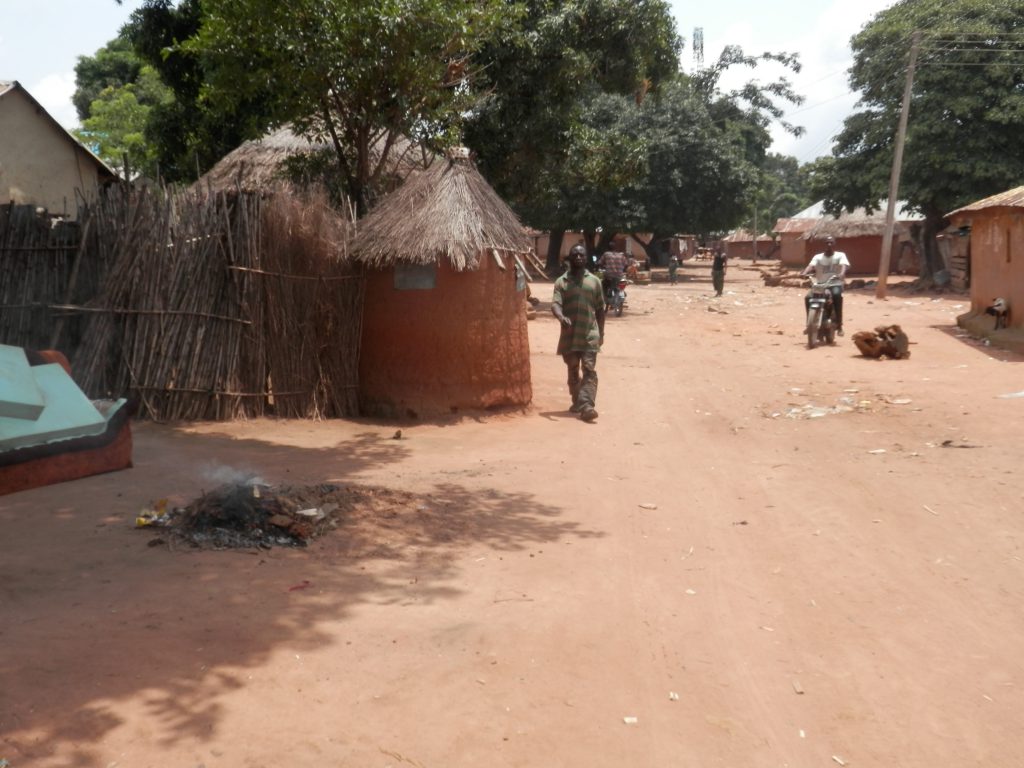In the last four decades, Nigeria had expended a huge amount of resources in addressing poverty and lifting citizens out of hunger. Apart from corruption and lack of political will that frustrate the initiatives and investments, climate change poses the most significant change to humanity with the likelihood of being the greatest factor leading to hunger and poverty.
The smallholder farmers that play a fundamental role in food production in Nigeria and other African Nations are the most vulnerable to climate change. They rely upon the environment for farming and crop production, and the change in climate adversely affects their production. This also has a huge consequence on the larger society as it will lead to food insecurity.
This is why it becomes fundamental to gauge the awareness of local farmers and strengthen their resilience in mitigating climate change.
The Media Advocacy West Africa (MAWA-Foundation) in its community voice project, visited Yangoji communities in the Federal Capital Territory (FCT) to examine climate change awareness among farmers and mitigation efforts. The goal is also to provide knowledge for the government and non-state actors on policy design and interventions in addressing climate change.
Yangoji community in Kwali Area Council of FCT has a prominent manifestation of climate change impact with many of the farmers recording poor yields as a result of drought.
Surprisingly, many farmers who are on the frontline of climate change impact in the community are unaware of its existence. Some attributed the change in weather to spirituality, while others accuse witchcraft of being responsible.
However, despite the presence impact of climate change, 15 out of 20 farmers interviewed in the Yangoji community said they had not heard of and know nothing about climate change.
The farmers all attested to a shortage in rainfall and a reduction of crop yield, however, they attributed it to spirituality and witchcraft.
Mrs. Eze Augustinae, a farmer who grows maize and beans on about six hectares of land, speaking in her residence said they are witnessing strange weather. She agrees that she knows nothing about climate change and blamed witchcraft for poor yield.
“We know nothing about climate change, the poor farm yield we record is caused by witchcraft, this is why some of us now put holy water at the centre of our farm”, Augustina said.
Mr. Rufus Akpai, who spoke to us on his farm along Kanzo community road, said he is hearing about climate change for the first time. He, however, confirmed that he had in the past attended three different kinds of training for farmers organized by the government, and in all of them, climate change was not discussed.
“I am worried that all the Agric extension workers at the three pieces of training I attended had not mentioned climate change”, Akpai said.
MAWA-Foundation is working with the locals to create climate change awareness among rural communities in FCT. Our engagements with the communities and rural farmers show that effective strategic communication in climate change advocacy must have community inputs, targeted to their needs. And, the implementation strategy must be carried out using community-trusted medium of communication and persons.

